Recently, a patient came in who we treated for keratoconus in December of 2010. Patients with keratoconus develop thin and irregular corneas, leaving them with an irregular form of astigmatism. This type of astigmatism is so severe that it is difficult to correct with glasses or even soft contact lenses. The condition tends to be progressive, and, at times, corneal transplantation is the only option to help restore functional vision.
Over the last few years, there has been data suggesting that keratoconus patients can benefit from a technique called “corneal collagen crosslinking.” The corneal collagen crosslinking procedure involves UV light working in conjunction with photosensitizing riboflavin (vitamin B1) eye drops, with the objective of strengthening the collagen fibers in these structurally weakened corneas. The procedure forms “crosslinks,” creating a more sturdy (and stable) cornea. This technique is not FDA approved.
Currently, Davidorf Eye Group is involved in a clinical trial (link to cxl usa) evaluating the procedure. The above mentioned patient was treated with a combination of photorefractive keratotomy and corneal collagen crosslinking (several months apart) and has seen both a dramatic reduction (near elimination) of her high astigmatism and an improvement in her quality of vision (best corrected vision).
Dr. Davidorf observed, “Examination of her eyes, even under the microscope, does not reveal that any treatment was done, yet she can now see, even without glasses. We are hopeful that corneal collagen crosslinking will provide this patient, along with many others struggling with keratoconus, the cornea stability needed for good vision.”



